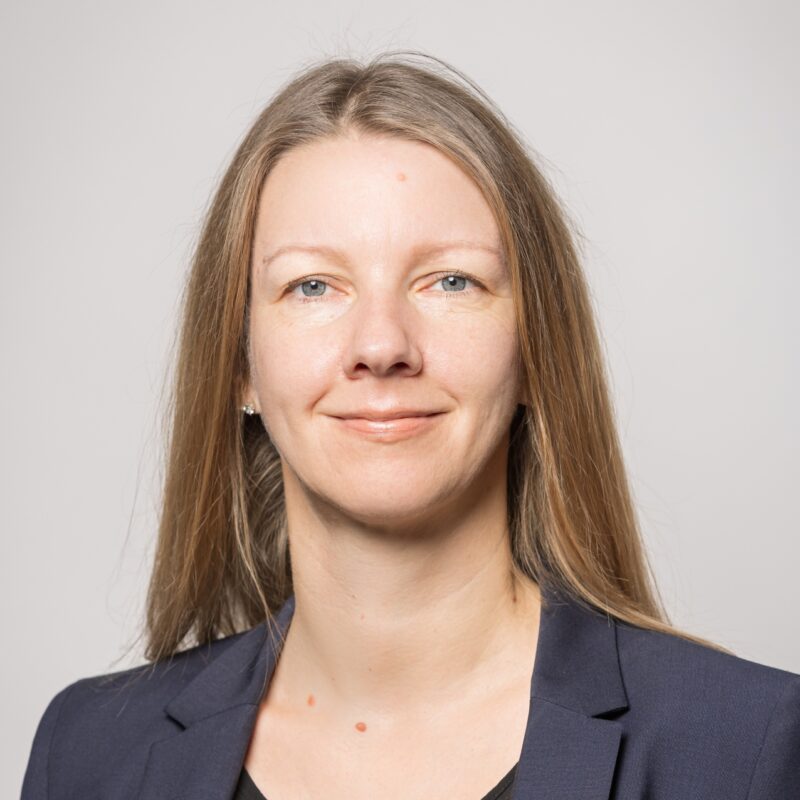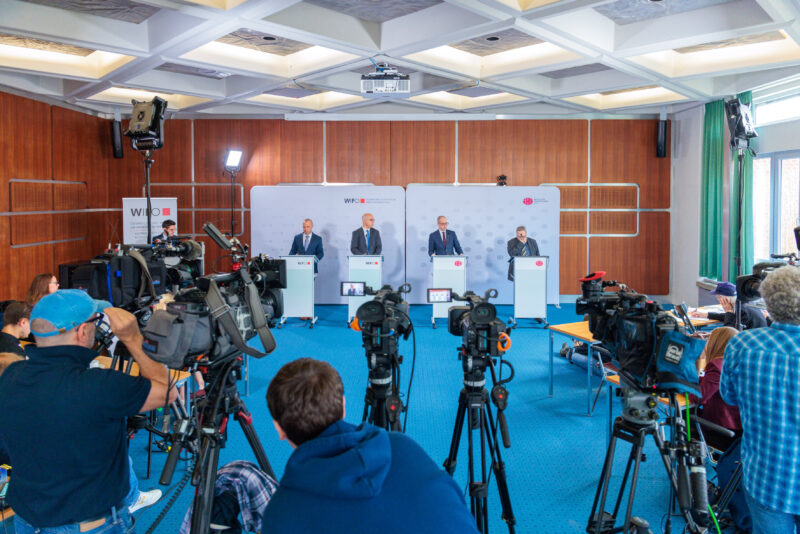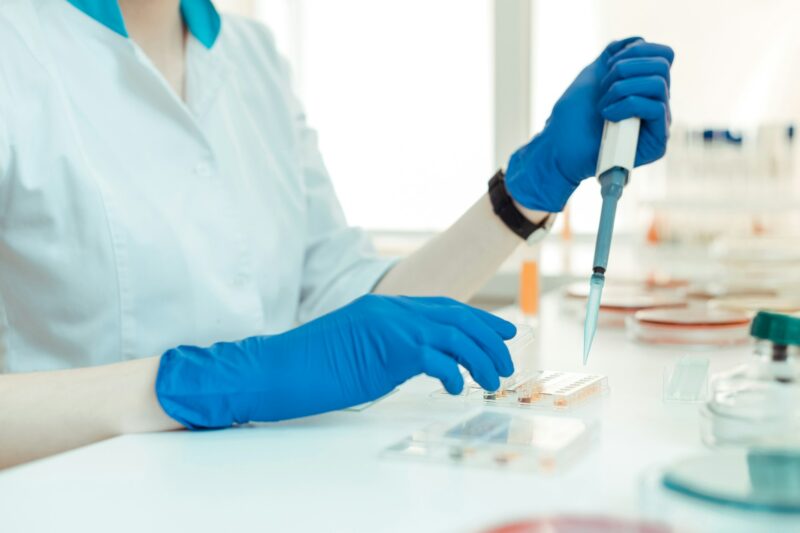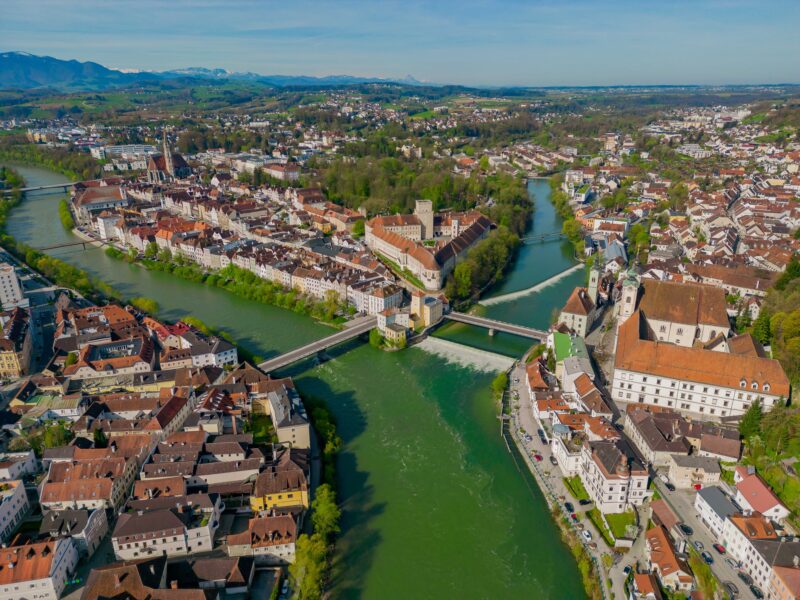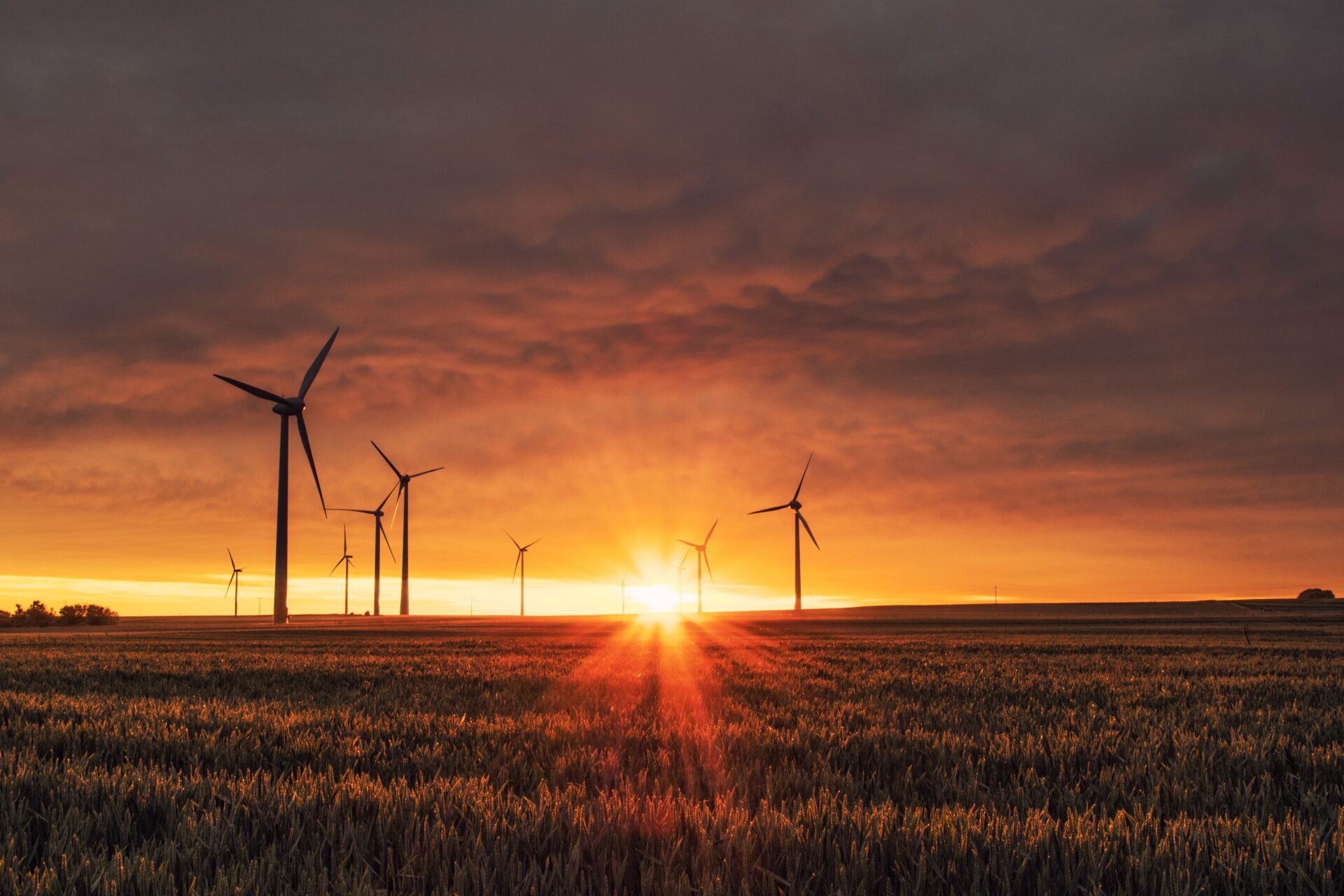
START2030: 100 Percent Renewable Electricity
To mitigate the climate crisis a decarbonisation of our economies and societies is required. In the wide portfolio of mitigation options renewable energy sources will play a key role in delivering the aspired emission reductions, together with efficiency improvements and changes in lifestyles.
The Austrian government has stipulated a goal of 100 percent electricity generation from renewable energy sources (RES-E) in Austria by 2030. As of 2018, RES-E supply held a share of 77 percent in total electricity generation in Austria. Bridging the gap to the 100 percent target over the next 12 years will nevertheless require fundamental changes in the Austrian electricity system entailing considerable investment. The economic and social impacts of these investments will be far-reaching and might vary substantially depending on which technology mix will ultimately be implemented.
The objective of the START2030 project is to provide comprehensive analyses of the economic incidence and social impacts of a transition to a 100 percent RES-E system in Austria by 2030. Policy scenarios in which the 100 percent target is achieved will be analysed to depict the broad range of potential effects associated with the transformation. The model analysis will deliver insights in terms of the emission impact as well as regarding the macroeconomic and distributional effects of the RES-E scenarios. Policy recommendations on how to mitigate detrimental effects on economically disadvantaged/negatively affected groups will be developed.
The project is funded by the Klima- und Energiefonds and carried out within the Austrian Climate Research Programme (ACRP). More information on the project is available at https://start2030.wifo.ac.at/.
Please contact
